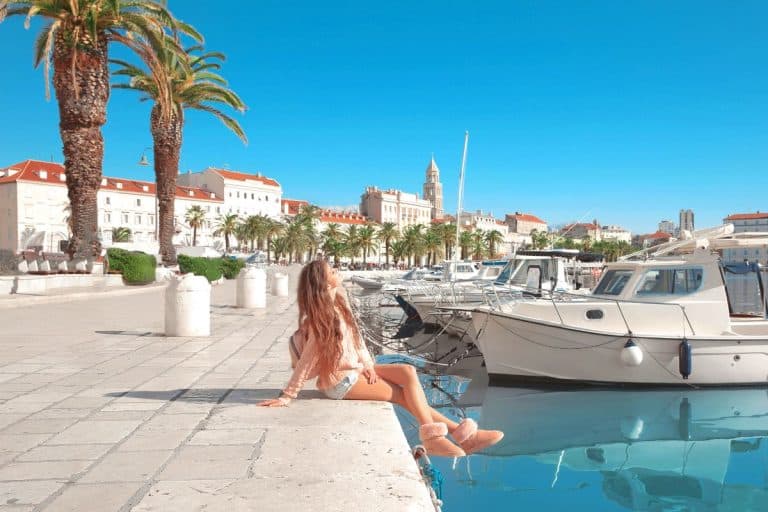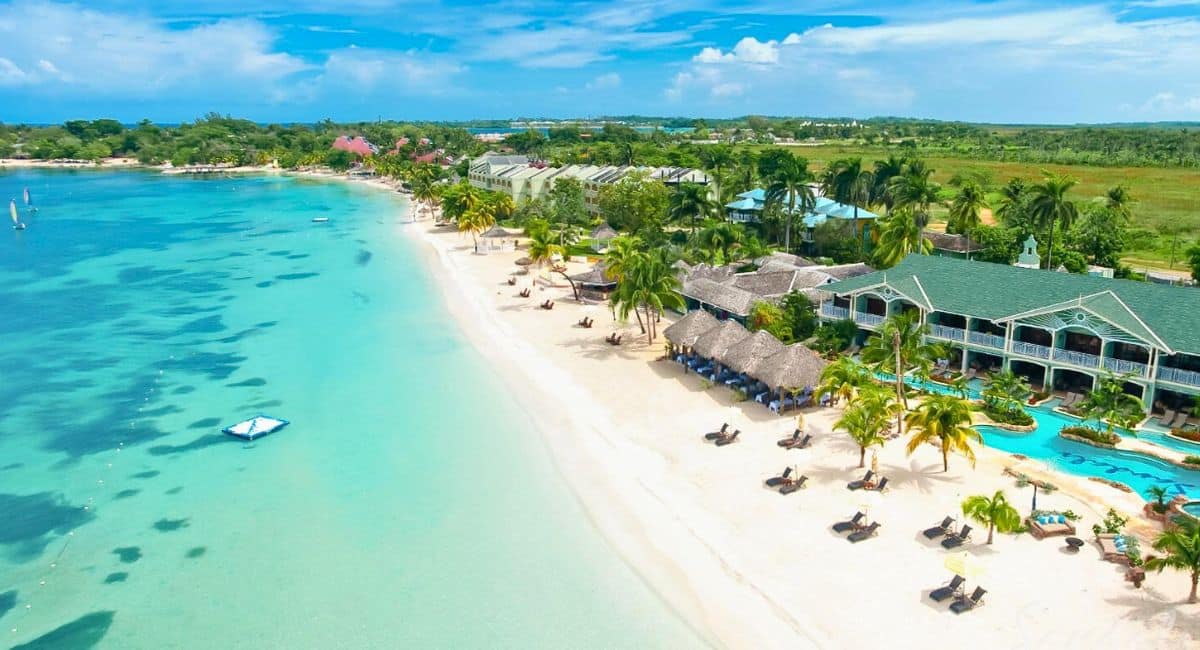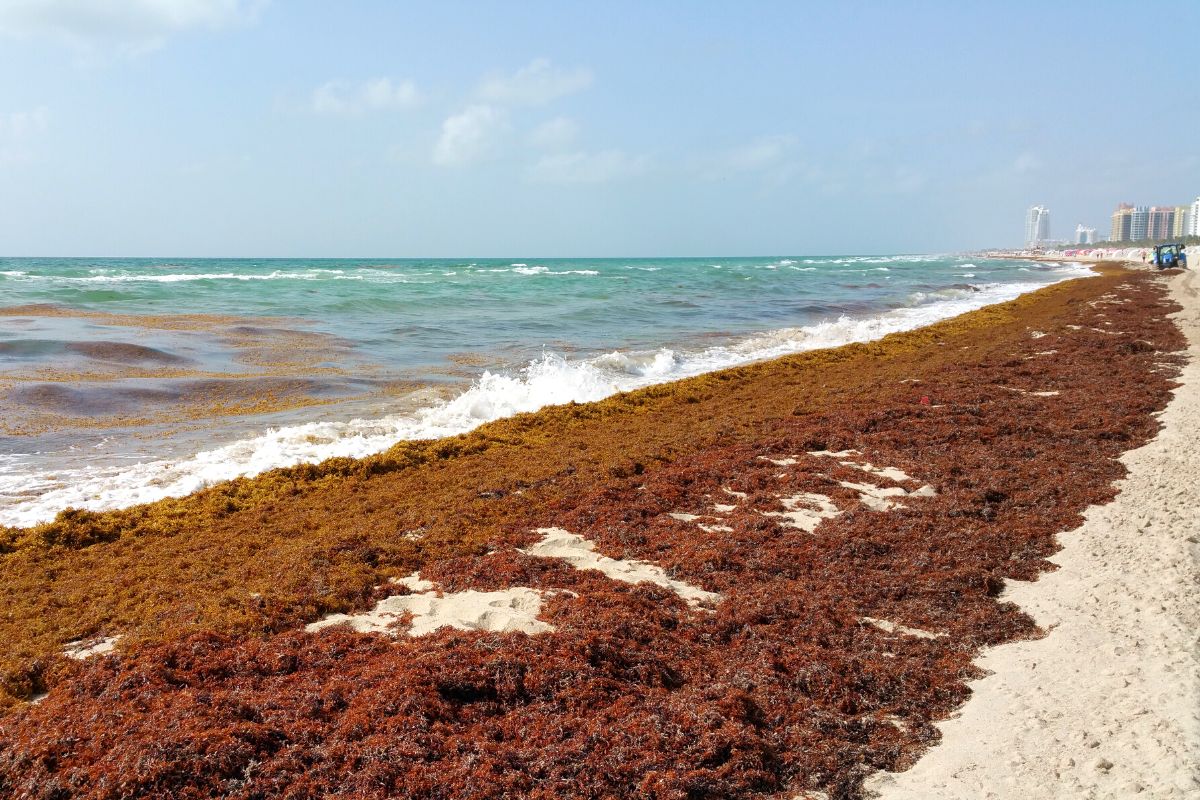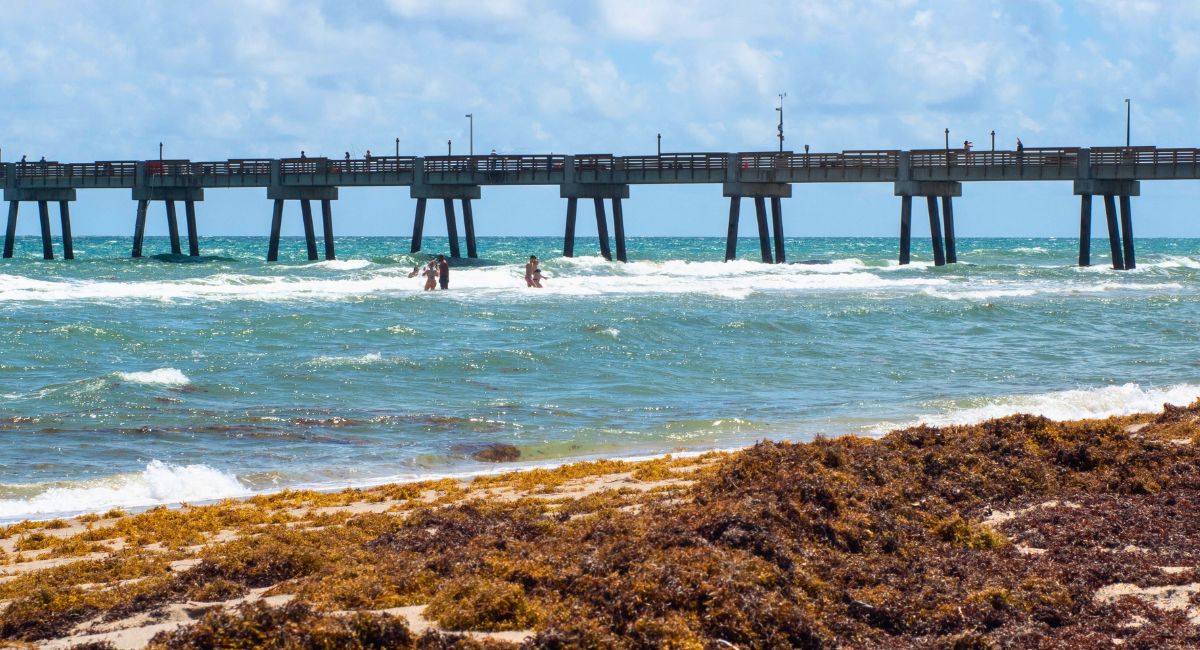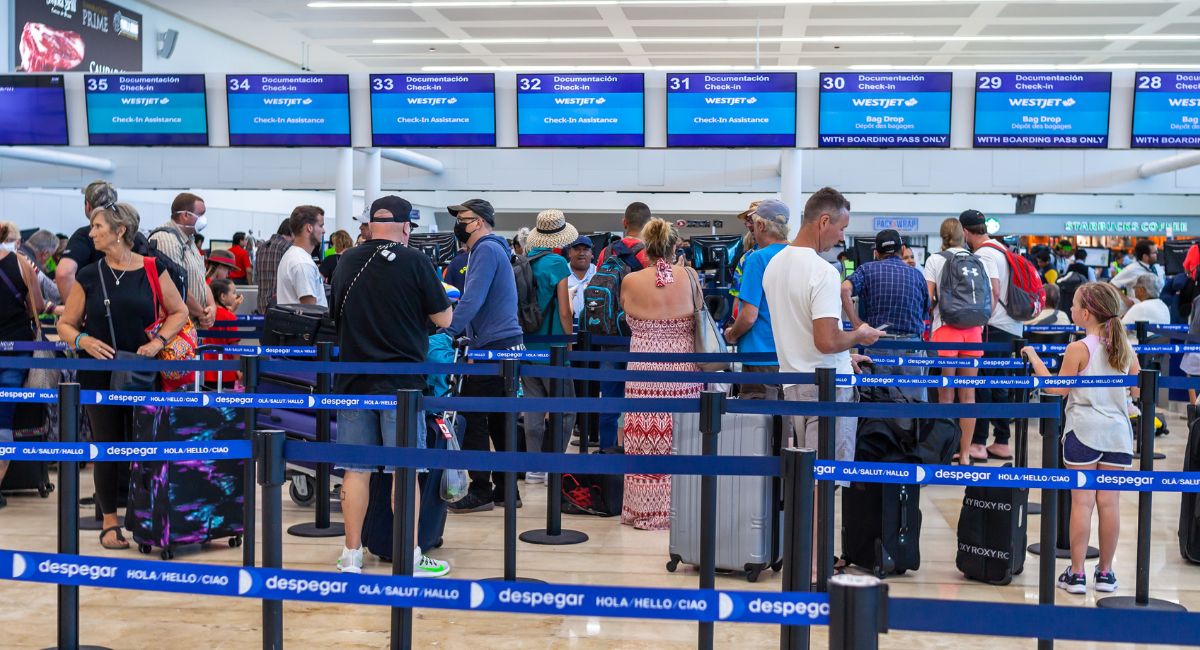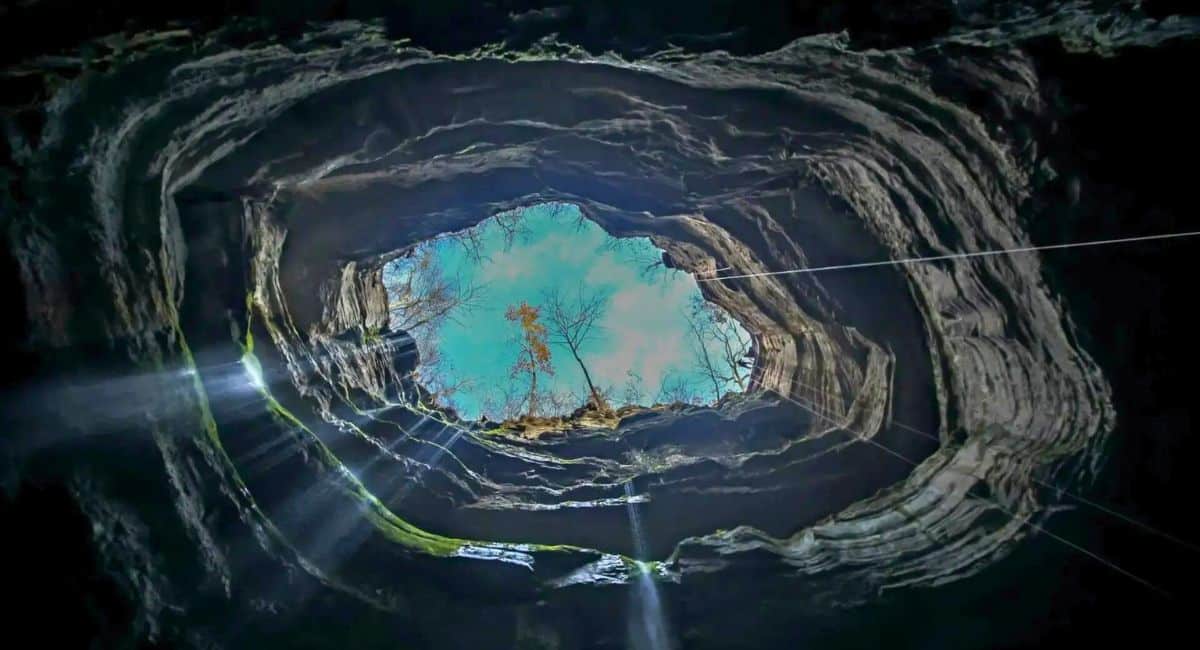According to Jan de Jong, founder of the Digital Nomads Croatia association, one of the main reasons why digital nomads come to Croatia, besides the infrastructure, which mainly includes the need for a good internet connection and an established digital nomad community, is the lifestyle that Croatia offers, which is also very affordable.
According to trends for specific cities on the Nomad List platform, such as Zadar, Split, and Zagreb, de Jong estimates that more than 5,000 digital nomads come to Croatia every month. If each digital nomad stays in Croatia for an average of two months, that’s about 10,000 visiting the country each month.
De Jong notes that a certain number of digital nomads are turning to his association for advice on what to do if they want to stay in the country, even though the visa for digital nomads was never intended to allow for permanent stays.
The Ministry of the Interior denies that there is a legal way to prolong the visa and claims that it cannot even be extended with a permission for longer tourist stay.
The ministry explains this by citing the fact that “Croatia’s tourism promotion” was the only objective of visas for digital nomads.
When they stay longer, they become immigrants
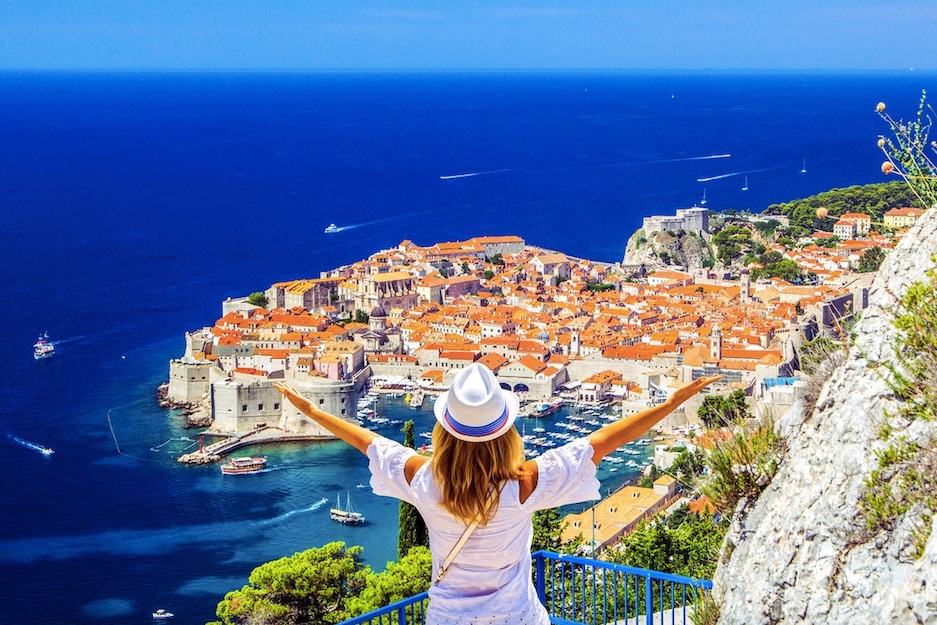
According to Caroline Hornstein-Tomić, a researcher at the Ivo Pilar Institute of Social Sciences, digital nomads are typically highly educated individuals who are also outstanding consumers. They tend to be in their 30s.
She explains, “If they decide to stay longer, they become a kind of immigrants,” and notes that although Croatia has not yet conducted any studies on the effects of digital nomads on local communities, those effects undoubtedly exist.
According to her, they support other economic sectors as well as tourism and have encouraged the creation of various hubs, infrastructure development and services that help immigrants adapt to their new country.
According to Hornstein-Tomić, who has spoken with several nomads who have settled on the Dalmatian islands, they have had pleasant interactions with the locals
“Those who have decided to stay longer are interested in local jobs or business development, and they also do volunteer work, so apart from financial resources, they also have knowledge that they like to share,” says Hornstein-Tomić.

